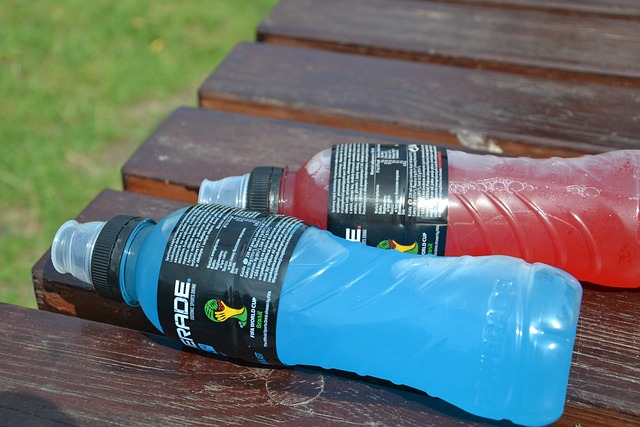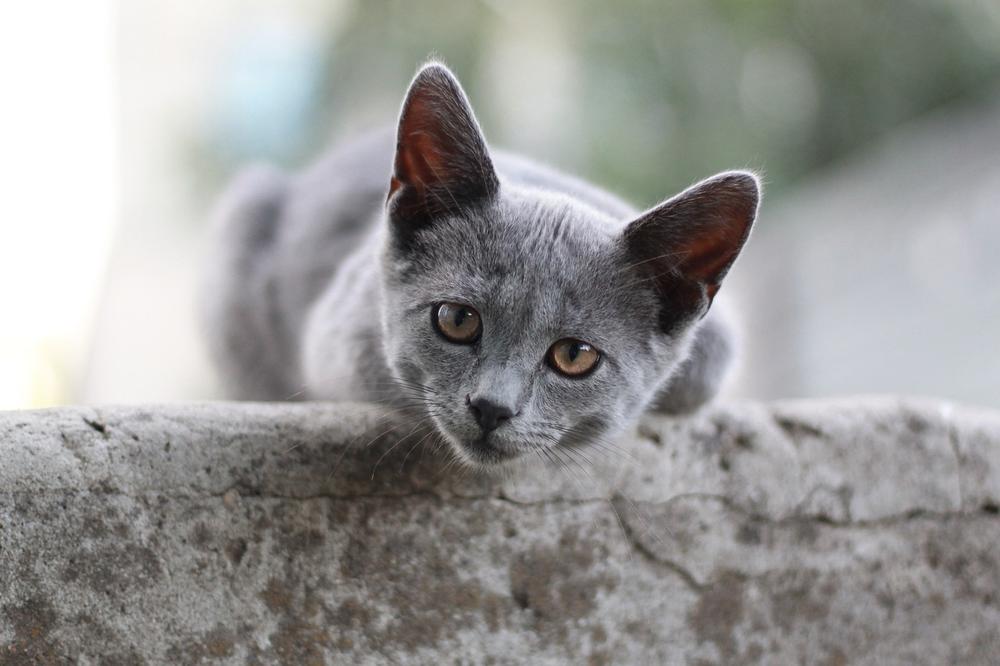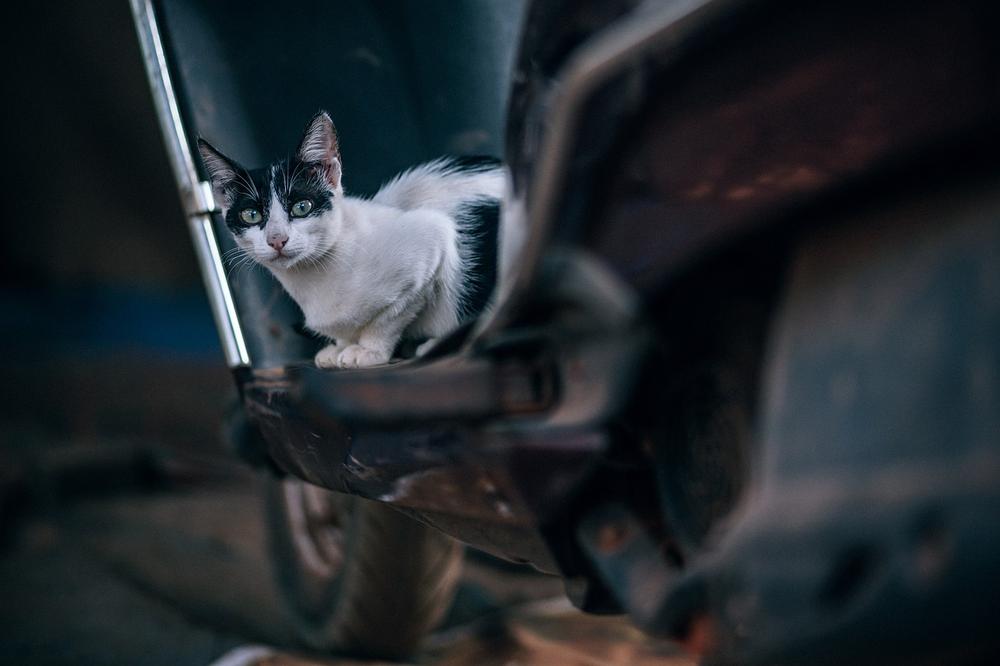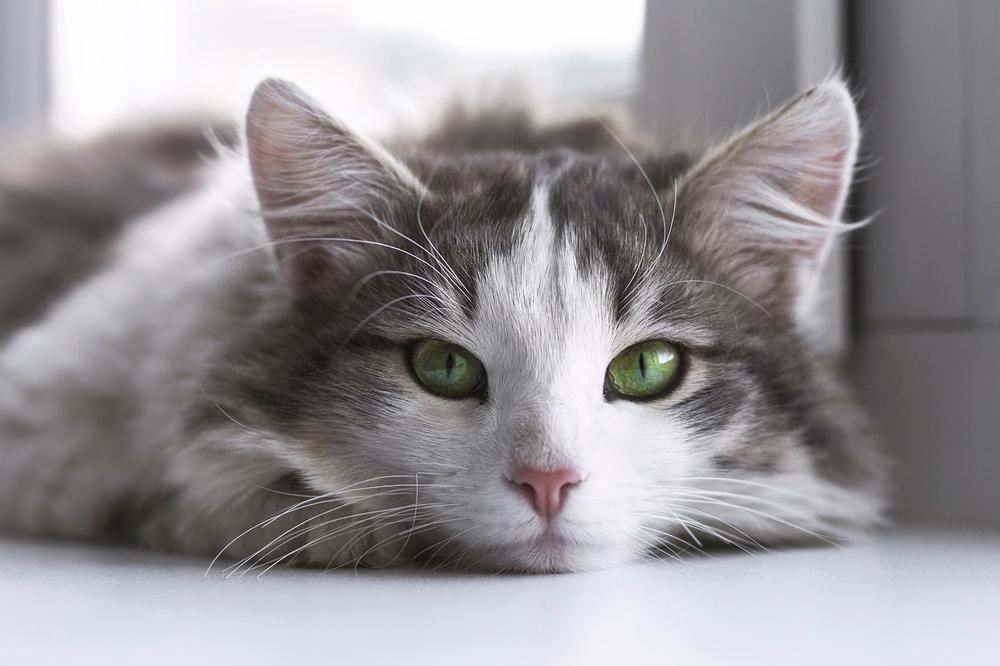Can Cats Drink Gatorade? (Signs That It Is BAD for Them)

Worried sick that your fluffy feline might be secretly sipping your stash of Gatorade?
Is there a sneaky, potentially dangerous hydration hustle happening under your nose? 😮
Let's uncover the truth and put your kitty-parenting anxiety to rest.
Hang tight, let's dive in!
Harmful Effects of Cats Drinking Gatorade
Cats and Gatorade? 😾

Bad combo.
Here's why:
- Messes up their electrolytes: Gatorade messes with a cat's delicate electrolyte balance.
- Dehydration and imbalances: Cats need water and a balanced diet for hydration, not Gatorade. Drinking it can leave them dehydrated and off-balance.
- Toxic stuff inside: Gatorade has yucky things like fake sweeteners, tons of sodium, sugar, salt, and citric acid. All toxic for cats.
- Tummy troubles: Those toxic ingredients wreak havoc on a kitty's digestion, causing puking and other tummy issues.
- More is worse: A little Gatorade might help rehydrate, but too much does the opposite. It worsens dehydration, imbalances, may jump-start obesity and diabetes.
So, keep that Gatorade away from your fluffy friend. Stick to fresh water and a healthy cat-approved menu for their happiness and well-being.
Main points I'll expand upon further down this article:
- Cats require unique water requirements for digestion, circulation, and temperature regulation.
- Cat-friendly hydration aids should be used to encourage cats to drink more water.
- Gatorade and other sugary drinks can lead to serious medical issues in cats.
- Cats should primarily rely on fresh water or specialized cat electrolyte solutions for hydration.
- Adding fresh water to cat food and using cat fountains can help increase water intake.
- Wet cat food contributes to a cat's daily water intake.
- Homemade tuna broth can be a great way to increase a cat's water intake.
- Recognizing signs of dehydration in cats is important for their health.
- Dehydration in cats can be linked to various conditions and can be fatal if left untreated.
- Severely dehydrated cats should be taken to the vet immediately.
Safe Hydration Options for Cats
To keep your cats properly hydrated, consider these safe options:
- Fresh water: Cats should always have access to fresh water. Change it frequently to ensure cleanliness.
- Cat-friendly hydration aids: Some cats prefer running or moving water. Consider investing in a cat fountain to provide a more enticing water source.
- Add water to their food: Mixing wet food with water can help increase your cat's overall hydration levels.
- Specialized cat electrolyte solutions: These solutions are specifically designed to replenish hydration and nutrients lost in cats who are sick or dehydrated.
- Different drinking bowls: Providing your cats with a variety of bowl materials and depths may encourage them to drink more water.
- Wet cat food: Wet cat food contains higher moisture content than dry kibble, contributing to your cat's hydration needs.
Cats have unique water requirements, so you should prioritize their hydration. 💧
By following these practical tips, you'll help keep your feline friend happy and healthy.
Moreover, if you're concerned about providing the best water options for your feline companion, I highly recommend checking out my blog post on Can Cats Drink Alkaline Water.
In this article, you can learn more about the effects and benefits of alkaline water for cats.
Alternatives to Gatorade for Cats
If you need an alternative to Gatorade for your cat, homemade tuna broth is a great option:
- It's packed with moisture, which will help keep your cat hydrated.
- No harmful additives are found in homemade tuna broth, so it won't harm your furry friend.
- Cats adore the taste of tuna, so using tuna broth can encourage them to drink more water.
- Making tuna broth at home is a breeze - just grab some canned tuna and water!
- Tuna broth supports your cat's overall well-being by keeping their urinary tract healthy and prevents dehydration.
- Use tuna broth as a treat or meal enhancer by adding a splash to your cat's food to make it more enticing.
- Save money by making your own nourishing tuna broth instead of buying expensive pet drinks.
- Not only is it good for your cat, but it's also suitable for humans - so you can enjoy a cup alongside your feline companion.
Remember to consult with your vet before making any dietary changes for your cat. 😺
Note: If you're curious about whether cats can drink coconut water, check out Can Cats Drink Coconut Water. It's a must-read for anyone concerned about their feline's hydration.
But can you really spot the signs of dehydration in your cat?
You have to understand their thirst cues and recognize the potential risks associated with dehydration.
Let me provide some insight into what to look out for and how to respond effectively, ensuring your furry friend stays healthy and hydrated...
Identifying Dehydration in Cats
You've gotta be able to spot dehydration in cats - it's super important.
And the key is knowing how thirsty they are.
Dehydration happens when they don't drink enough or when they lose important minerals.
It can be caused by a bunch of stuff like throwing up, having a fever, getting too hot, having diabetes, or just being out in scorching weather.
Now pay attention here, because this is serious:

Dehydration can straight-up kill your cat.
So, let's go over some signs, ranging from kinda bad to really bad, that can tell you if your cat is dehydrated:
- Their gums are dry.
- Their eyes look sunken.
- They're acting all tired and sluggish.
- When you pinch their skin gently, it doesn't bounce back quickly – not a good sign.
Now, how much water should your dehydrated cat be drinking?
Well, depends on how heavy they are.
But listen up:
You must treat dehydration ASAP, because if you don't, it can lead to some major health problems for your furry buddy.
And trust me, you definitely don't want that for them!
Seeking Veterinary Guidance for Cats and Gatorade

For severely dehydrated cats, you must head straight to the vet. At home, you can tackle mild dehydration on your own, but in severe cases, it's best to seek professional help from your veterinarian.
And that wraps up today's article.
If you wish to read more of my useful articles, I recommend you check out some of these: Can Cats Drink Coconut Milk, Can Cats Drink Lactose Free Milk, Can Cats Drink Dog Milk, Can Cats Drink Bottled Water, and Can Kittens Drink Human Breast Milk
Talk soon,
-Sarah Davis